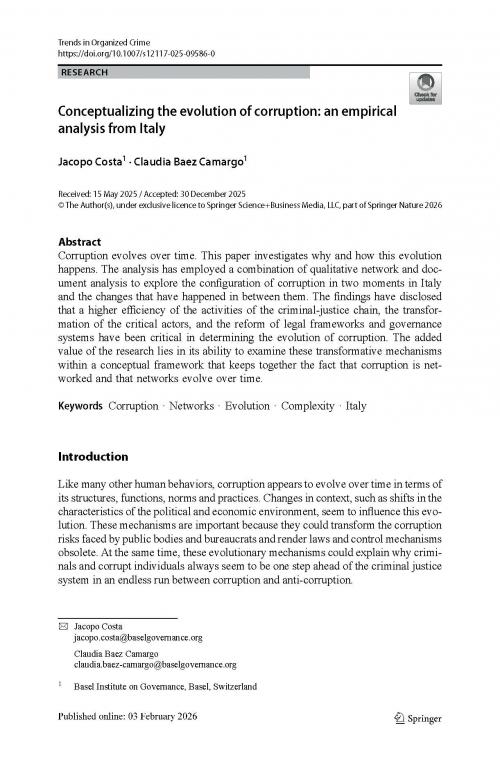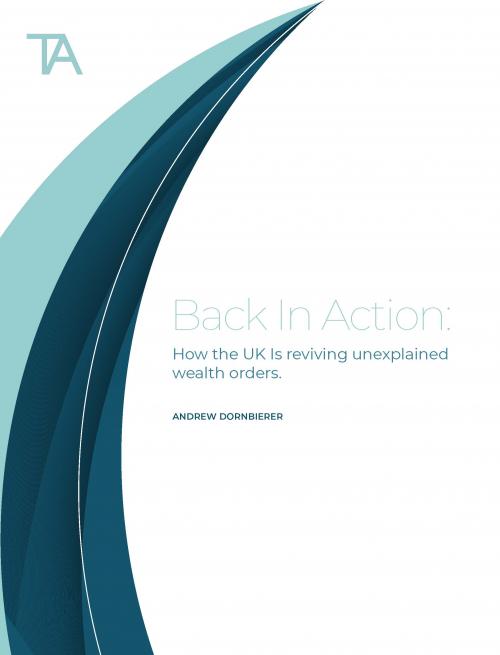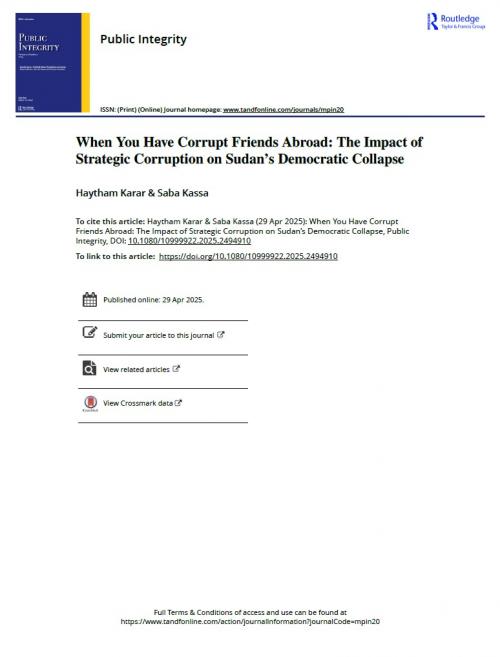U4 Expert Answer: Barriers to Collective Action against corruption
Collective action refers to actions undertaken by individuals and/or groups towards a collective purpose or goal. Attempting to foment collective action as an anti-corruption strategy is a tactic that is enjoying growing support. However, experience suggests that collective action is difficult to foster, and evidence of success is scarce.
Collective action can take the form of multi-stakeholder initiatives at the national or global level (referred to as elite forms of collective action), bringing together representatives from the public sector, the private sector and civil society. Common barriers to elite collective action include a lack of political will and incentivising relevant stakeholders, among others. Defining a clear strategy for the collective action, and establishing trust between members are key to addressing these barriers. What evidence is available on the barriers to fomenting collective action against corruption, and are there any examples of successful donor initiatives which have sought to reduce these barriers?



